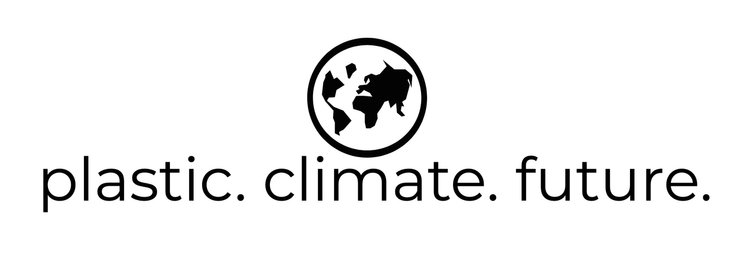Marcus Eriksen is the co-founder of 5 Gyres, a US-Based non-profit organization that focuses on research, consulting and active engagement in tackling the problems of plastic solutions. 5 Gyres uses education and community-based science to drive and inform local, scalable reuse models. By engaging key stakeholders in identifying the sources and potential solutions of problematic plastics in their own communities, we can work together to drive more equitable solutions. Far too often, local policies are set without engaging the communities that will be most affected, which can lead to challenges with implementation.
Marcus is a marine scientist, who also lectures on marine conservation, especially the impact of plastics on the world's oceans, breaking down the complexity of stakeholder objectives and identifying common ground and actionable solutions. He's led more than 20 expeditions through the 5 Gyres Institute exploring and researching the world's oceans.
As the co-founder of LEAP LAB, he also lectures on biophilia, and the role of art, science and self-reliance in achieving urban resilience.
In this podcast, Marcus told us about the birth of 5 Gyres and how he started studying the sources of plastic pollution on expedition journeys to collect scientific data, publish reports and journals, and collaborate with companies to create change and advocate. We discussed the power of policy and enforcement to achieve systemic change, and how they get involved in it.
Find out more about The 5 Gyres Institute at https://www.5gyres.org/ and feel free to contact Marcus via LinkedIn.










